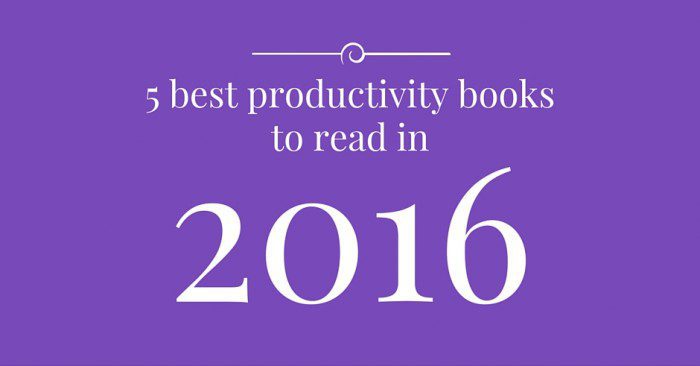
5 Best Project Management Books to Read in 2016
A discipline as old as the desire to build big and beautiful things, the idea of project management is not new to the world. The need for an organized and structured methodology for repeatable excellence in construction matured at a pace that trailed behind the size and extravagance of the projects being built. For centuries, if not millennia, the builder was the project manager, as the division of labour extended, it became the architect’s work, and in today’s day and age, heavily specialized technicians handle every aspect of the work.
The following selection of project management books and theories was designed to highlight the use of different methodologies inside and outside of software. Throughout the past 20 years most conversations and innovations in the field of project management have flowed from the software industry. Why then should software architects, project managers, or designers want to read about project management from a non-tech view? Inspiration. The application of the methodologies in a context different from the familiar is an age-old psychological trick to inspire and innovate.
Project Management a reference and overview
The book: A Guide to Project Management Body of Knowledge: PMBOK, by Project Management Institute
This reference book provides an overview of the frameworks and approaches to project management techniques. Although a bit on the hard to read side of things, it’s a reference book that is only worth purchasing if you get the hard copy and have a shelf nearby to store it. You may only use it once or twice a month, but when you’re facing a challenging situation that Google isn’t able to solve, turn to your trusty reference book. In addition to inspiration in times of need, this is a must have for those who want to take the Project Management Professional test. If you’ve been running projects, regardless of your title, and you don’t have a framework, this is a great first step to increased competency and comfort.
Lean Project Management
The book: The Toyota Way, by Dr. Jeffrey Liker
The Toyota Way is a remarkable book that has spawned more action, in sluggish and nimble industries a like, than any other before it. The book lays down a set of principles that are applicable in any business at any time in history. Birthed from automotive company of the same name, the lean philosophy focuses on two-core aspects, continuous improvement and respect for people, that it organizes into four groups of principles: Long Term Philosophy, The Right Process Will Produce the Right Results, Add Value to the Organization by Developing your People, and Continuously Solving Root Problems Drives Organizational Learning. Toyota freely shared these philosophies during the 1980’s with American automotive companies, as hilariously depicted in the 1986 movie Gung Ho staring Michael Keaton, but it’s not about the ideas it’s about the implementation. The broader story of Lean techniques and how they grew out of Toyota is a worthwhile follow up to this seminal read.
Critical Chain Project Management
The book: Be Fast or Be Gone: Racing the Clock with Critical Chain Project Management, by Andreas Scherer
Described by some as a business novel, this compelling read takes one through the theory and practical application of critical chain project management. A story of a dying man taking matters into his own hands to try and accelerate the development of a drug that could very well save his life, Scherer weaves an outstanding tale that is both true to the theories and easy to read. The core concepts developed out of the Theory of Constraints are introduced and so too is the experience of trying to implement change in a behemoth of a company.
Scrum
The book: Agile Project Management with Scrum, by Ken Schwaber
Scrum was born out of a Harvard Business Review article in the mid-1980s describing the broad concepts through case studies from a number of industries. Author Schwaber and his team developed a practical theory and applied it for years. This book is the output of those years of experience, trial and error, and success. In Agile Project Management with Scrum the author follows suit with a case study approach enabling the reader to learn both the theory and how it can be practically applied. Like any book, a reader is unlikely to walk away able to implement without error, but they will have a body of knowledge, stories, and experiences that they can draw on which will accelerate the practical application. Armed with this book and a couple of projects, one is well on their way to better and more efficient development of projects.
Implementation of Projects
The book: How Stella Saved the Farm: a Tale About Making Innovation Happen, by Vijay Govindarajan and Chris Trimble.
Not ostensibly a book about project management, this business parable takes the reader on an enjoyable journey about change, innovation, and implementation. A book that will inspire, it ties together the story of implementation on a broader scale than most books on the subject. It’s hard to argue that teamwork and common purpose are not essential aspects of project management and this story tells those tales well.






